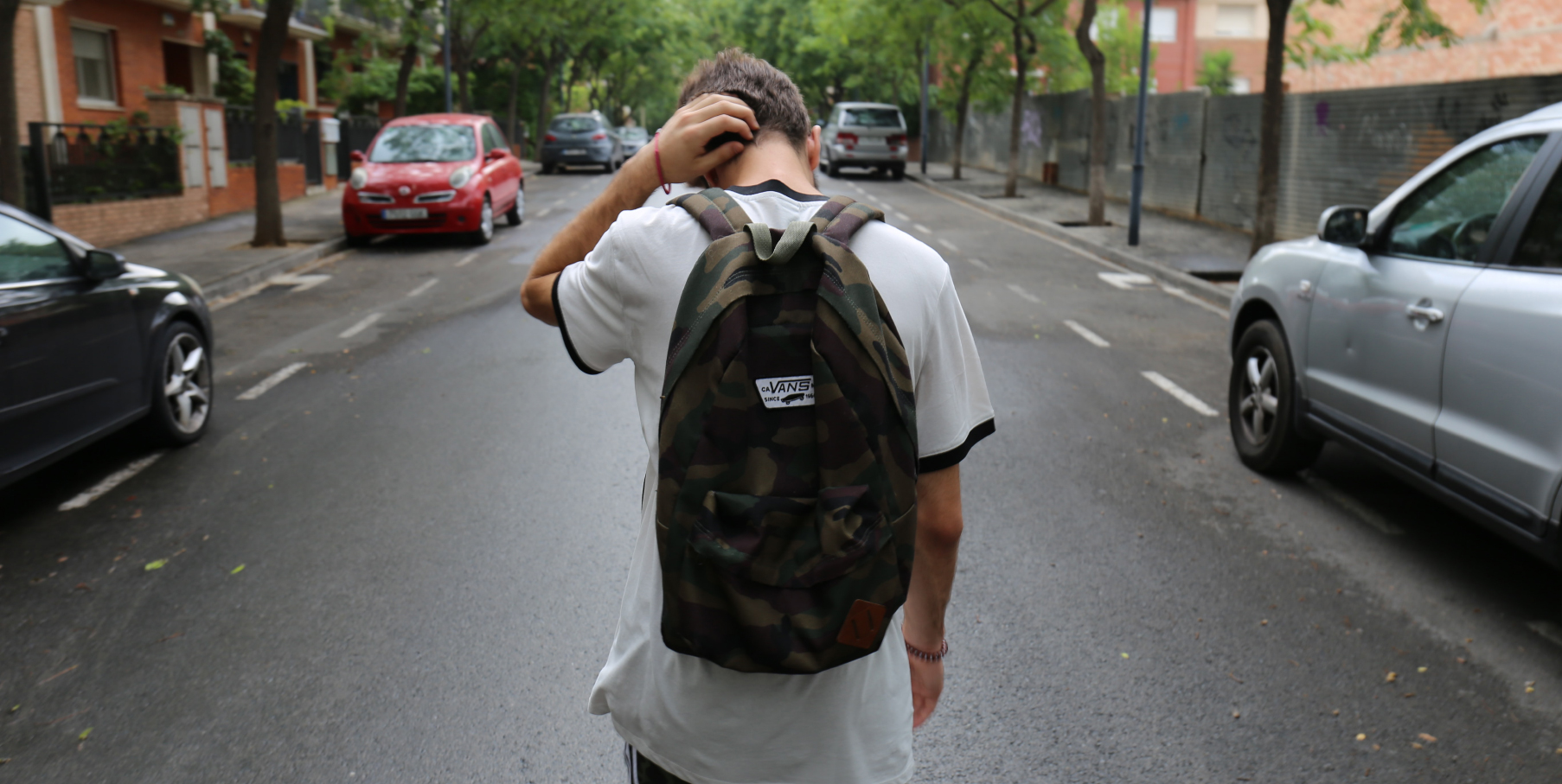
There’s no doubt that when it comes to recognising when a child might need a little extra support, the skills of the education practitioner are second to none. It’s like a sixth sense, an almost superhuman ability to just ‘know’. However, unlike comic book heroes, a practitioner’s super-sense is not the result of radioactivity, alien intervention or an incredible side effect of an experiment gone wrong. This super-sense is pure, human intuition.
Intuition is the ability to understand or know something without conscious reasoning. The word intuition is derived from the Latin intueor – which is usually translated as ‘to look inside’ or ‘to contemplate’. Intuition is thus often invoked to explain how the mind can ‘see’ answers to problems or decisions in the absence of explicit reasoning – a ‘gut reaction’. It’s a vital skill and something that, until relatively recently, perhaps wasn’t considered a robust and reliable source of information and therefore easily ignored or rejected. As a society, we often preference logic over intuition —our head over our gut— but recent developments in neuroscience suggest that intuition is a powerful system to access our most profound intrinsic wisdom. It’s vital for everything from good decision-making to improved self-awareness, precisely because it’s not logic.
Intuition is nothing but the outcome of earlier intellectual experience
Albert Einstein
Albert Einstein noted, “intuition is nothing but the outcome of earlier intellectual experience”. Similarly, the psychologist Herbert A. Simon (a fellow Nobel Laureate) stated that intuition was “nothing more and nothing less than recognition”.
These definitions are handy because they remind us that intuition need not refer to some mystical process by which answers pop into our minds from the ether. On the contrary: intuitive decisions are more often a product of previous intense and/or extensive explicit thinking.
This view is backed by neuroscience. Our gut includes the enteric nervous system, a crucial part of the autonomic nervous system, which, by definition, works unconsciously. According to neurobiological research conducted using modern scanning devices, this system links to the brain in complex ways. Millions of neurons embedded in the gut walls and the brain’s limbic system are directly connected to each other and therefore integral to our decision-making processes. The limbic system governs our experience and expression of emotion. So this gut-brain connection is not only maintaining a healthily functioning digestive system but also regulating complex brain functions and accessing deeper wisdom.
You need the right balance between data and gut feeling.
Toto Wolff
We all experience’ gut feelings’, and the message is that we should all have the confidence to trust or at least acknowledge them. However, it’s perhaps the case that we sometimes need an additional nudge in the right direction to then take any necessary action. This is why we’re pioneering our vigilant classrooms model, which in part is about enabling teachers to become better attuned to their intuition. It does this by providing data that often confirm what practitioners already know about their young people but affords the confidence to take action. These data-informed nudges then either:
- encourage a closer look at a situation that doesn’t seem quite right or the need to solicit views from other colleagues;
- highlight occasional potential blind spots that may have been missed in the milieu or demands of everyday school life; or
- ensure that concerns are appropriately managed and don’t lead to more widespread moral panic or an overzealous, disproportionate response!
We recently witnessed the power of ‘intuition nudge’ in one school while reviewing cohort data with the class teacher. Having completed the diagnostic process included in the Choices Programme, the data for one particular child highlighted them as a ’cause for concern’. Acknowledging that the child had some history of anxiety but on the whole was considered to be “ok”, the teacher, prompted by the data, later reflected and subsequently felt compelled to ‘check-in’ with colleagues, including a learning mentor and a lunchtime supervisor. The outcome of their combined experience of the child was a referral into mentoring as an additional support mechanism and et voila, the power of intuition, backed by data, resulted in action that perhaps would not have taken place based on any single point of evidence alone. The broader impact is that this particular teacher now has greater confidence in her own intuition, which will likely result in better outcomes for the young people she works with over her future career.
The logical brain, emotional brain, and the gut, these systems within our bodies, are essential in triangulating information that helps us respond to situations. So too, the tools and processes we design into our programmes aim to inspire confidence that leads to better outcomes for young people. This is the driving force in pioneering our vigilant classroom model.
Look out for further information coming out of this pioneering work, or get in touch here if you want to learn more.